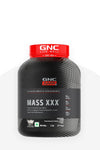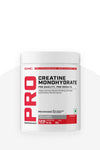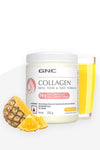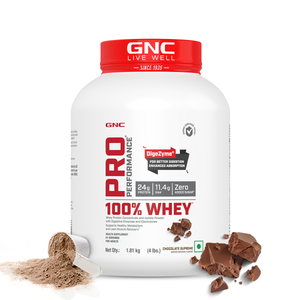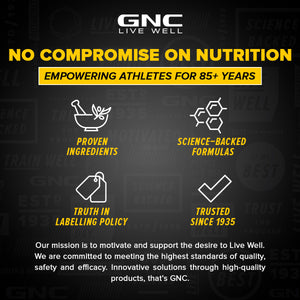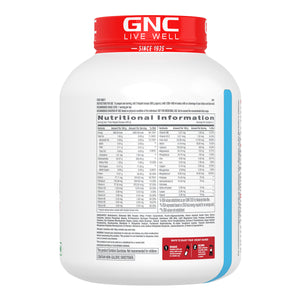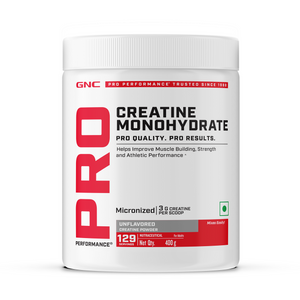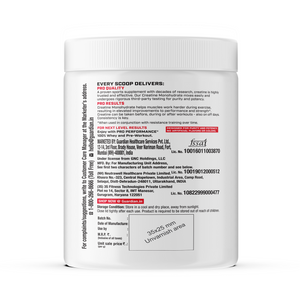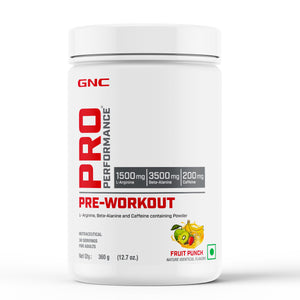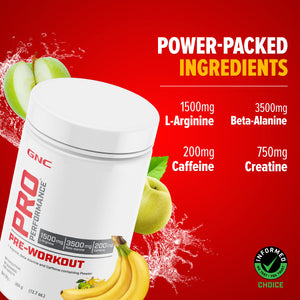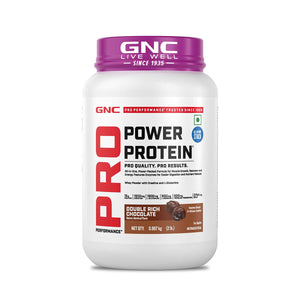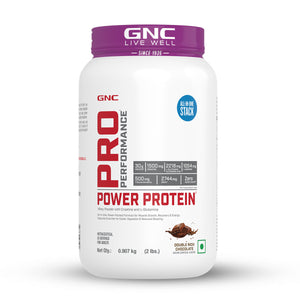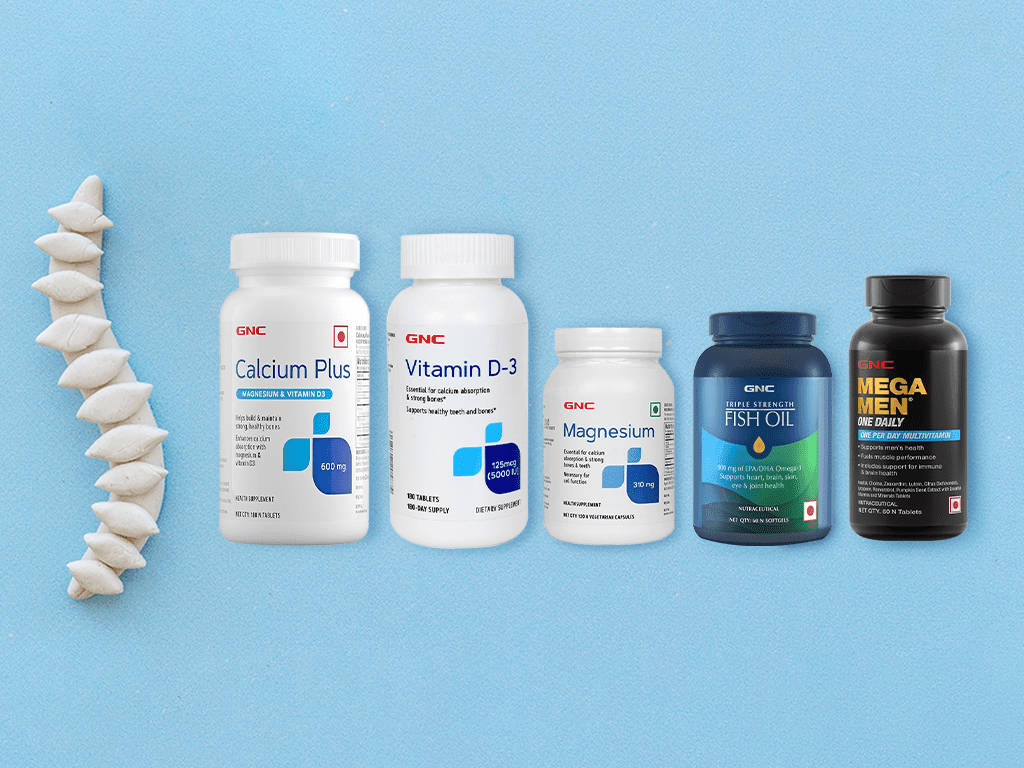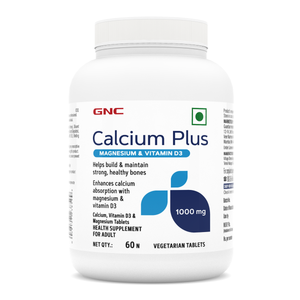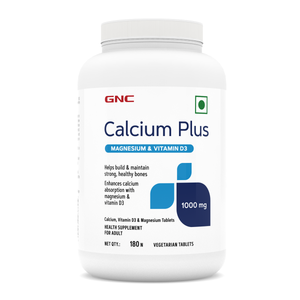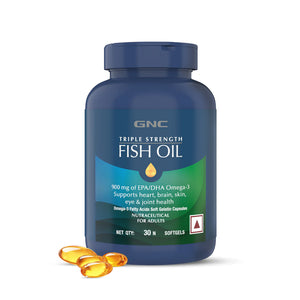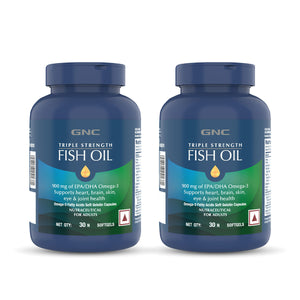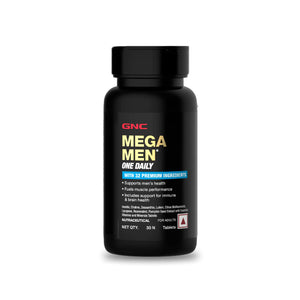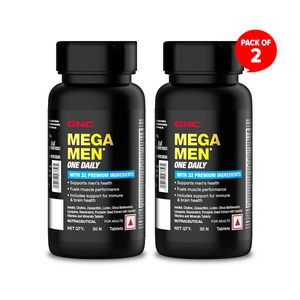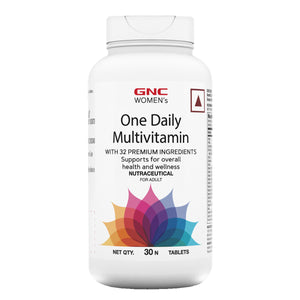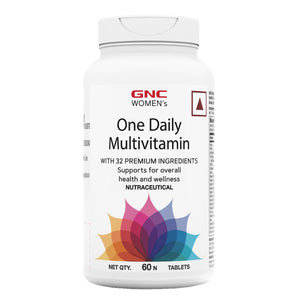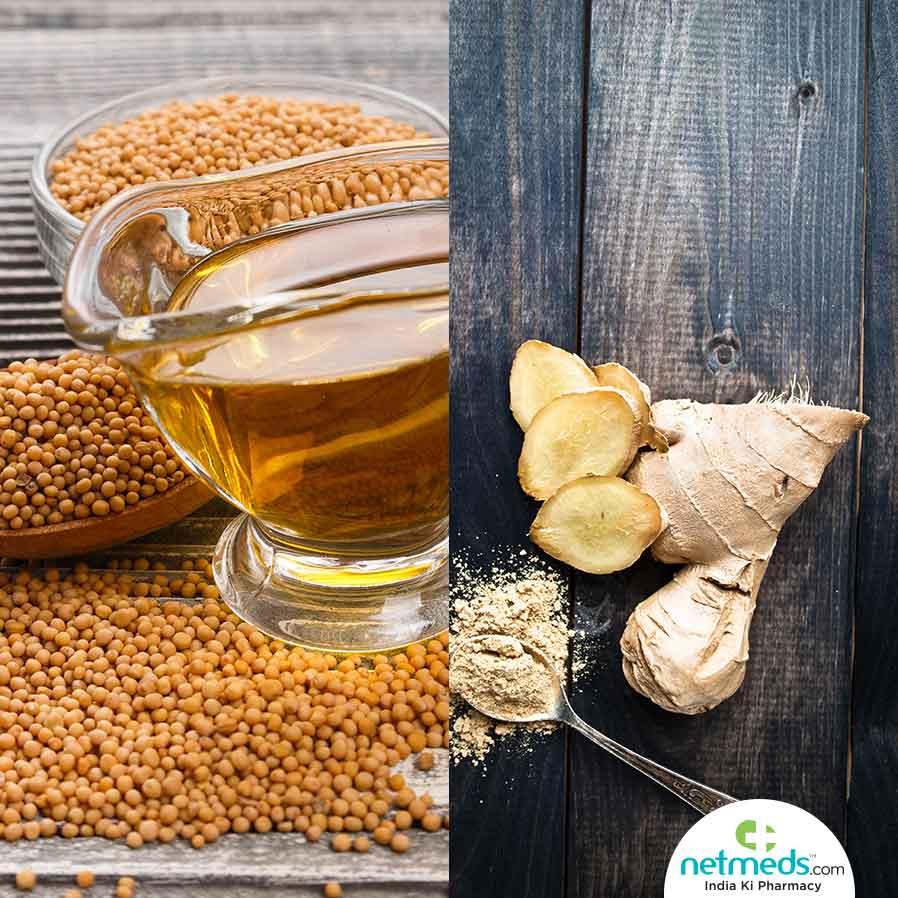
Osteoporosis, meaning “porous bones” is characterized by brittle bones that make a person vulnerable to frequent fractures. This is caused due to a decrease in bone mass and strength. Adequate nutrition is key to maintaining healthy bone mass, which makes you less likely to develop osteoporosis later in life.
World Osteoporosis Day is celebrated to raise global awareness of the prevention, diagnosis and treatment of osteoporosis and metabolic bone disease. WOD is organized by the International Osteoporosis Foundation (IOF), through the launch of a year-long campaign with a specific theme
There are several vitamins and minerals that play a crucial role in maintaining bone health. The process of bone formation requires a consistent and adequate supply of nutrients. Here are some key nutrients that can help you maintain bone health for a longer period of time.
Calcium: It is widely known that calcium is an important building block of bone health. Calcium can be found in dairy products like milk, cheese and yoghurt. In sardines or canned salmon with bones, tofu and dark green vegetables. And also in sesame seeds, chia seeds and almonds. The recommended daily intake of calcium is 1000mg for most adults. To replenish calcium stores in your body, you can opt for GNC Calcium Plus that contains 600 mg of calcium and helps in bone formation and maintenance. It also contains 200mg of Magnesium (Magnesium Oxide) and 400IU of Vitamin D3 (Cholecalciferol) that covers almost half of the RDA for each nutrient respectively
Vitamin D: Vitamin D can be found in fatty fish like Salmon, Sardines, fortified foods like dairy and cereal, and in egg yolks. Vitamin D is essential for the body to absorb calcium in the intestines. The GNC Vitamin D-3 5000 IU can be used to ensure that an adequate supply of Vitamin D can be met.
Magnesium: People who consume even a moderate amount of alcohol can be deficient in Magnesium as they might lose some through urine. Women also lose magnesium during their periods and this may affect their bone health. They would benefit from a magnesium supplement like GNC Magnesium 500 mg, as it allows for proper calcium and Vitamin D absorption.
Focus on nutrients: Nutrients like Phosphorus, Potassium, Vitamin K, Vitamin B12 can be incorporated into the daily diet as they are essential for metabolic processes related to bone formation. Phosphorus and Potassium neutralize acids present in certain foods and protect bones from adverse effects. A deficiency of Vitamin K is associated with low bone density and causes frequent fractures. Consuming micronutrients through foods like Spinach, Kale, Broccoli, Soybeans, Blueberries, Grapes, Carrots, Liver, Fish, Whole Grains, Beans, Squash can help you meet your daily requirements and protect you from osteoporosis.
Zinc: Zinc is present in shellfish, seeds, beans, whole grains and yoghurt and helps in protein synthesis along with mineralizing bones, making them stronger and more receptive towards Vitamin D. The GNC Zinc 50 mg contains Zinc Gluconate that helps in collagen production and carbohydrate metabolism. You can also find Zinc in a lot of calcium supplements that contain magnesium as well. Be sure to read the label to determine the quantity of Zinc present in the supplement.
Additionally, if you are not comfortable taking single supplements – please opt for GNC multivitamins that provide all the above nutrients in a single tablet carefully curated just for you.
Routine checkups with your doctor are recommended. If you are around the age of 35 it is imperative that you get a clear idea of how vulnerable you are to osteoporosis. In addition, if you have been diagnosed with osteoporosis, try to avoid salt, caffeine, soda, red meat and alcohol as much as you can. Regular brisk walking also prevents loss of bone density and helps your heart function. A bone density test is also advisable to combat osteoporosis.



